Category: Science and Medicine
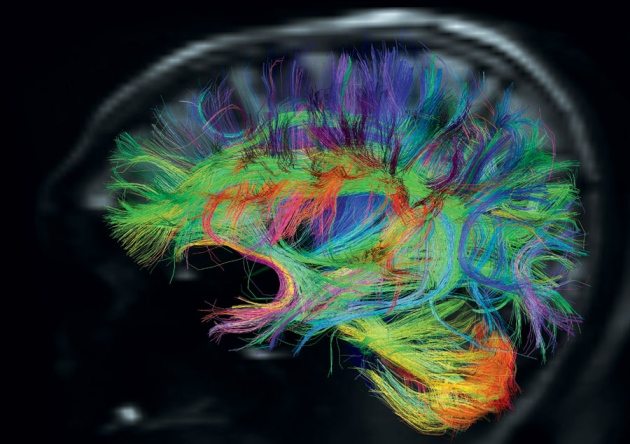
A New Collaborative in Neuroscience
A recent comment in the journal Nature makes a bold proposal – to form a true multi-lab cooperative to perform collective research into the deep questions of neuroscience. There are two aspects of this proposal that are extremely interesting: the potential to make significant progress in answering the biggest questions in neuroscience, and the collaborative approach to research being proposed. How does...
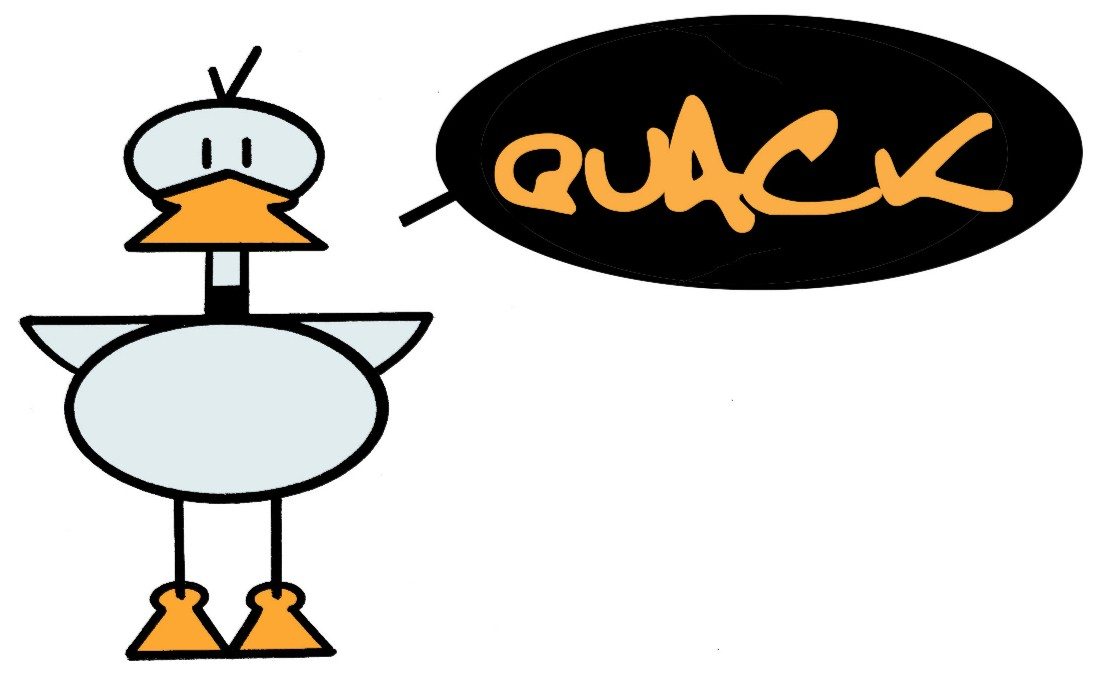
Cancer quackery from Germany to Australia
Sadly, cancer quackery is a worldwide phenomenon. Here, we examine its reach from Germany to Australia.

Science-Based Satire: Naturopaths Warn Parents of Halloween Candy Dangers
[Ed. Note: Dr. Jones had a Halloween-themed post in mind; so he and Dr. Gorski have basically switched places just for this week. Expect Dr. Gorski’s post later this week.] Columbus, OH – Experts from the Columbus Naturopathic Medicine Center are warning parents of the dangers that may be waiting for their children on Halloween night, dangers like high-fructose corn syrup, gluten,...
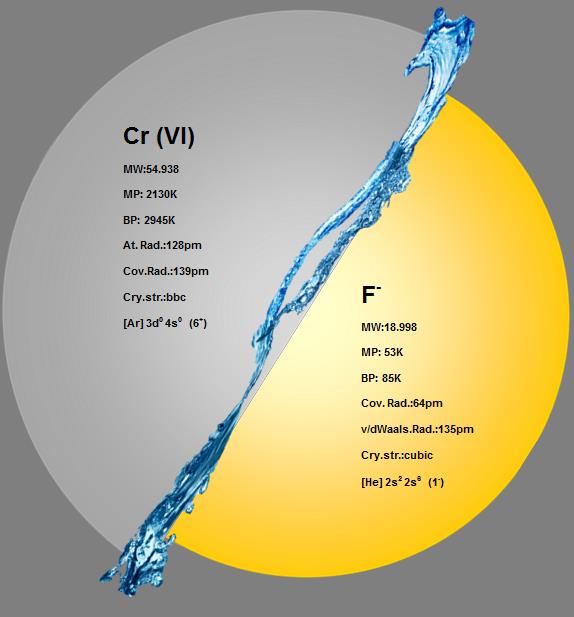
Chromium and Fluoride – What an ‘Interesting’ Combination
It is fairly apparent that the chief editor of Natural News (Mr Mike Adams – The Health Ranger) and his associated writers appear to be thoroughly determined to “prove” that there is a conspiracy to deliberately poison the US public – en mass – using contaminated public and state drinking water. Quite recently, within the space of a week, Natural News published...

An Update on FDA Concerns Over Homeopathic Teething Products
Steven Novella recently wrote a post discussing an FDA warning against the use of homeopathic teething products over safety concerns related to the possibility of toxic amounts of belladonna. He goes into the hypocrisy of the FDA regulation of homeopathic products, a topic covered numerous times here on Science-Based Medicine, as well as the misleading initial response from Hyland’s, producers of the...

Stem Cell Tourism for Eye Disease: No Passport Required
Stem cell clinics outside the United States, and outside the jurisdiction of the U.S. regulations, have flourished and the pursuit of treatment at these centers has been called “stem cell tourism.” Seekers of unproven stem cell therapies no longer need to look outside the U.S. Paul Knoepfler, a stem cell researcher and leading advocate for the responsible use of stem cell technology,...

R&D and the High Cost of Drugs
Until a year ago very few people had ever heard of Martin Shkreli. In 2015 the then-32-year-old CEO of Turing Pharmaceuticals LLC became the poster boy for Big Pharma eXXXcesses when Turing acquired rights to Daraprim, an antiparasitic drug used widely to treat toxoplasmosis. The acquisition itself wasn’t particularly controversial. Raising the price of Daraprim from $13.50 per pill to $750 per...
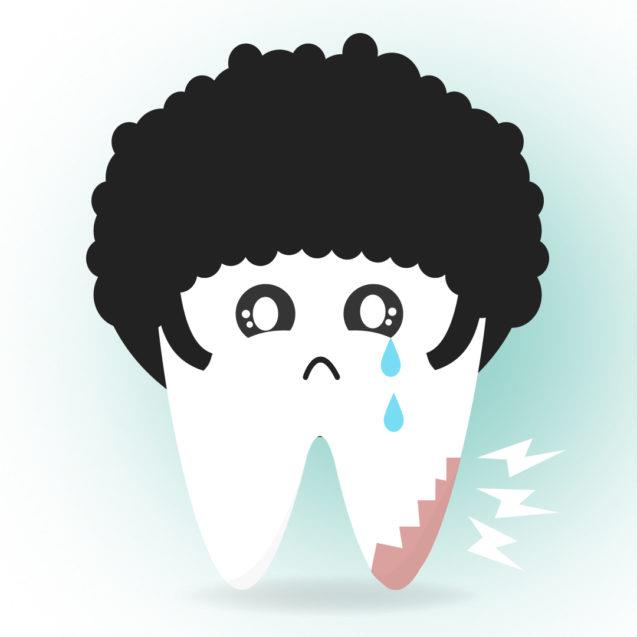
Pulp Fiction
Are your root canals poisoning you? Probably not. Is an alternative dentist trying to sell you something? Probably.
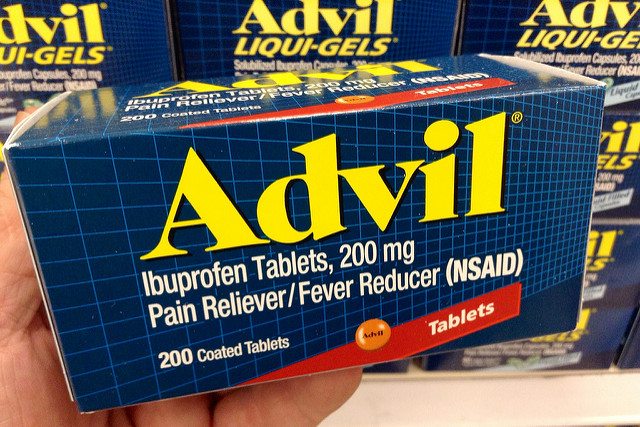
Another way ibuprofen can kill us?
Do you ever take ibuprofen? Naproxen? Cold medication with an anti-inflammatory ingredient? The non-steroidal anti-inflammatory drugs (NSAIDs) are among our most well-loved medications. We start giving them in infancy, for fever, and continue use through to adulthood for everyday aches and pains. But it’s our later stages of life when we really ramp up the use, and daily consumption becomes common for...

When science- and evidence-based guidelines conflict with patient wishes: What’s a doc to do?
We use the term "science-based medicine" (SBM) because medicine isn't a science. The best medicine, however, is based in science. Patient values are also important, but what is a science-based doctor to do when SBM conflicts with what a patient or family wants?

